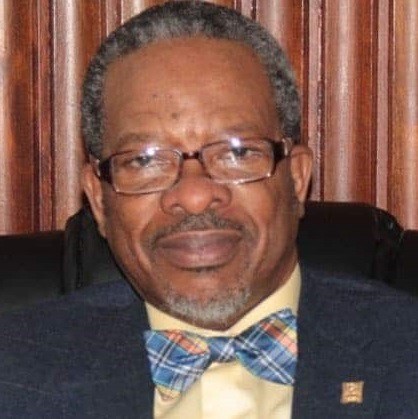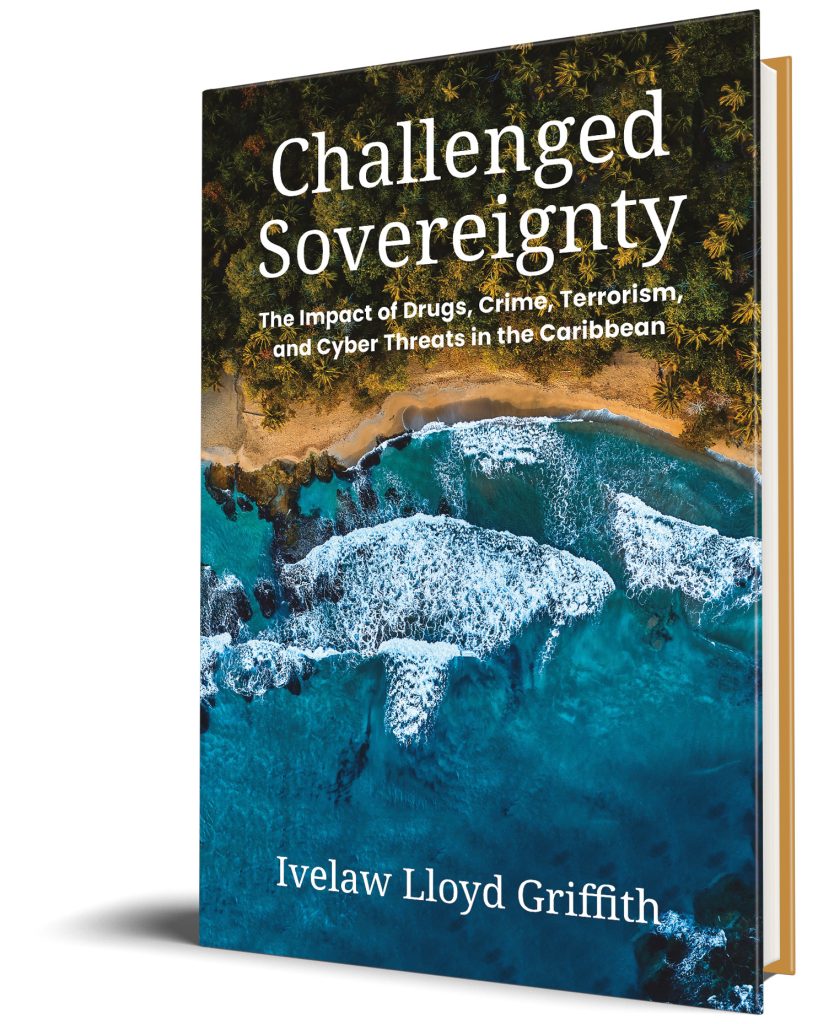Ivelaw Lloyd Griffith, the author of Challenged Sovereignty: The Impact of Drugs, Crime, Terrorism, and Cyber Threats in the Caribbean, answers questions on his new book.
Q: Why did you decide to write this book?
I wrote it to describe and analyze how Caribbean countries have been struggling under the weight of drug trafficking, crime, and other threats and how those transnational threats are undermining the very foundation of their sovereignty, and to propose the concept of Challenged Sovereignty as an analytic construct to explain and interpret the overall condition in which Caribbean states find themselves. The concept could be applied to examine the circumstances of other small states. The book started as my Eric Williams Memorial Lecture delivered in October 2011 at Florida International University.
Q: What is the most interesting discovery you made while researching and writing your book?
I had many interesting revelations. One was the extent to which drug lords in Jamaica, called dons, had such a powerful hold on some communities because of the combined effects of neglect by the government and the provision of social and protection services by the dons that when the government attempted to extradite one don, Dudus Coke, to the United States, the Tivoli Gardens community rose up and battled the police and the army, resulting in the death of 100 citizens and soldiers and the destruction of millions of dollars’ worth of property. Also interesting is the fact that with the legalization of marijuana for medicinal and recreational purposes in most states in the United States, a pattern of reverse marijuana trafficking—from the United States to the Caribbean—has begun.
Q: What myths do you hope your book will dispel or what do you hope your book will help readers unlearn?
One myth is that the problem of drugs is essentially a problem of trafficking; production, consumption, and money laundering are also part of the drug matrix. Moreover, there is a “prison solution” myth: that the solution to the crime problem is to have tougher laws and long sentencing terms. Unhappily, prisons are both over-crowded and kept in horrible conditions, making rehabilitation a mythical dream and serving to make prisons virtual crime schools.
Q: Which part of the publishing process did you find the most interesting?
I found the copyediting phase the most interesting, as it allowed me to reflect not just on what I was saying but on how to best frame things in light of the copyeditors recommendations.
Q: What is your advice to scholars/authors who want to take on a similar project?
Be sure to take the time to cultivate sources inside and outside of official and academic circles and access the network along the research and writing journey.
Q: What do you like to read/watch/or listen to for fun?
For fun, I listen to gospel, reggae, and Afrobeat music, view African comedy and drama on Netflix, and view and listen to YouTube and Reddit stories about love and loss relationships.

Ivelaw Lloyd Griffith is a Fellow of the Caribbean Policy Consortium and of Global Americans and a Senior Associate of the Center for Strategic and International Studies. His books include Strategy and Security in the Caribbean, The Quest for Security in the Caribbean, Drugs and Security in the Caribbean, The Political Economy of Drugs in the Caribbean, and Caribbean Security in the Age of Terror.

